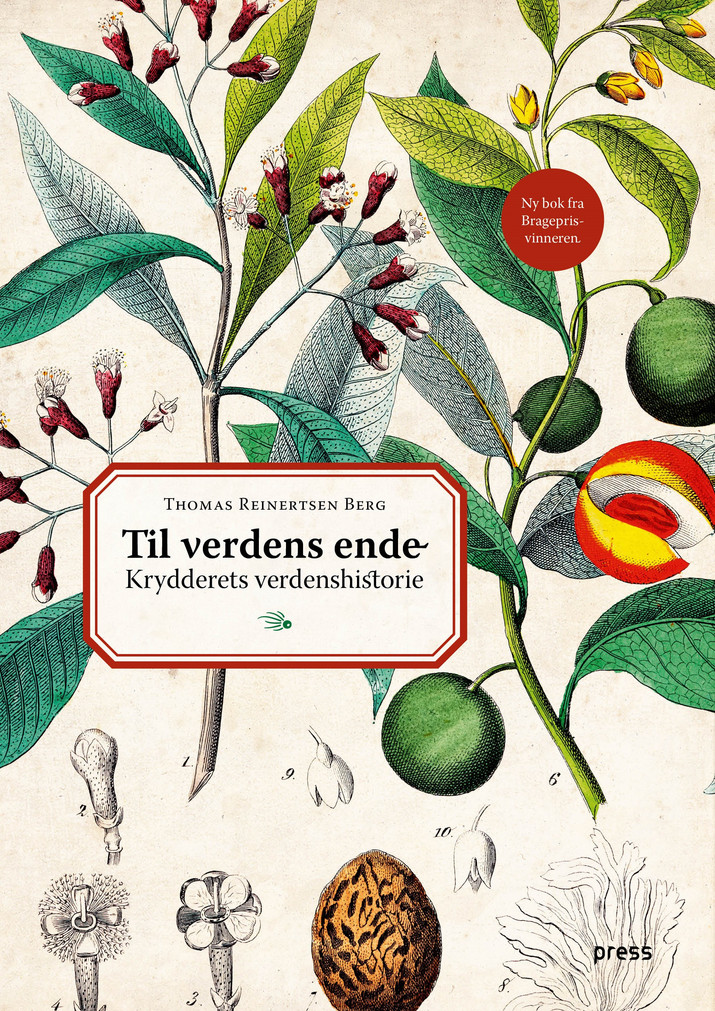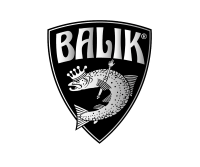Thomas Reinertsen Berg: Til verdens ende.
Kanelbarken kommer fra Sri Lanka. Nellik vokste en gang bare på de bittesmå Maluku-øyene øst for Indonesia. Muskat fantes bare på de vulkanske Banda-øyene litt lenger sør.
Likevel har disse sjeldne, fantastiske vekstene blitt de mest utbredte varene i verdenshistorien: en kilde til globalisering og imperiumbygging, kontakt og konflikt, utveksling og utnyttelse fra de aller eldste sivilisasjonene til i dag. Reinertsen Berg følger krydderstrengene tilbake til jordens eldgamle historie, og forklarer hvorfor de unike plantene vokser akkurat der de gjør og hva som er så spesielt med dem. Han tar oss med til Kina og India, Egypt og Romerriket, og viser hvordan krydderplantene kontrollerte handelsruter, kulturell utvikling og økonomier. Han illustrerer sammenhengen mellom krydder og den vestlige koloniseringen av verden fra senmiddelalderen til i dag. Og han forteller de ukjente historiene til krydder i dag, hvor plantene har blitt internasjonale landbruksvarer løsrevet fra deres unike opphav.
The cinnamon bark comes from Sri Lanka. Cloves once only grew on the tiny Maluku Islands east of Indonesia. Nutmeg only existed on the volcanic Banda Islands a little further south.
Nevertheless, these rare, marvelous growths have become the most widespread commodities in world history: a source of globalization and empire building, contact and conflict, exchange and exploitation from the very oldest civilizations to the present day. Reinertsen Berg follows the strands of spices back to earth’s ancient history, explaining why the unique plants grow exactly where they do and what is so special about them. He takes us to China and India, Egypt and the Roman Empire, and shows how the spice plants controlled trade routes, cultural development, and economies. He illustrates the connection between spices and the Western colonization of the world from the late Middle Ages to the present day. And he tells the unknown histories of spices today, where the plants have become international agricultural commodities detached from their unique origins.
“Tekst NORLA” – http://norla.no


